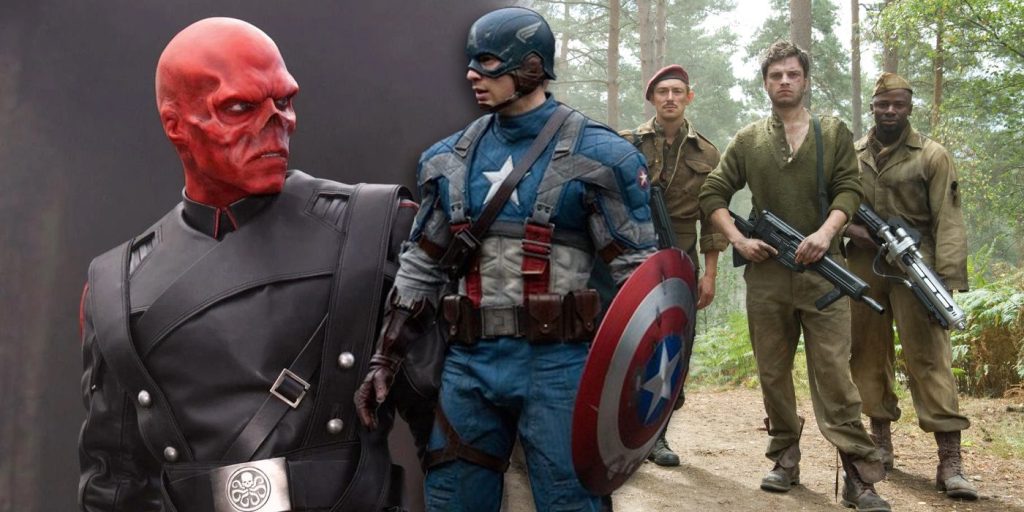The Marvel Cinematic Universe’s first phase was an interesting exploration as it was trial and error filled with some amazing successes. Iron Man might have been the best example of success, but I’ve always felt Captain America: The First Avenger was one of the most perfect and faithful origin stories ever brought to the screen. Chris Evans perfectly showed the evolution of Steve Rogers from a scrawny kid from Brooklyn to a hero that the world looked up to, and honestly, I don’t think there could be a better pattern of growth for any other MCU hero.
That said, while the movie captured the hero’s origin, I always thought it stumbled in two crucial aspects. While these moments never hindered the character or his future, they robbed us of an even more comprehensive origin in favor of moving the story forward. The problem is that we lost out on exploring some other great characters, like the Howling Commandos, and seeing Steve Rogers fight real-world threats that were far more deadly than Hydra.
Captain America: The First Avenger Skipped the Best Part
Captain America’s raid to save the 107th from a secret Hydra base has remained one of the most iconic moments in the MCU and showed just how selfless the character was, considering he wasn’t even meant to be fighting any war at that time. Nevertheless, saving his fellow soldiers was an exercise in just what it meant to be a hero and inspired me and anyone watching that doing the right thing would always be better than standing aside. But once he officially became Captain America and built his Howling Commandos, it set in motion an iconic montage that chronicled their many missions and successes against Hydra. There were explosions, daring feats, and Captain America at the center of it all, and just as it started to get good, it was over.
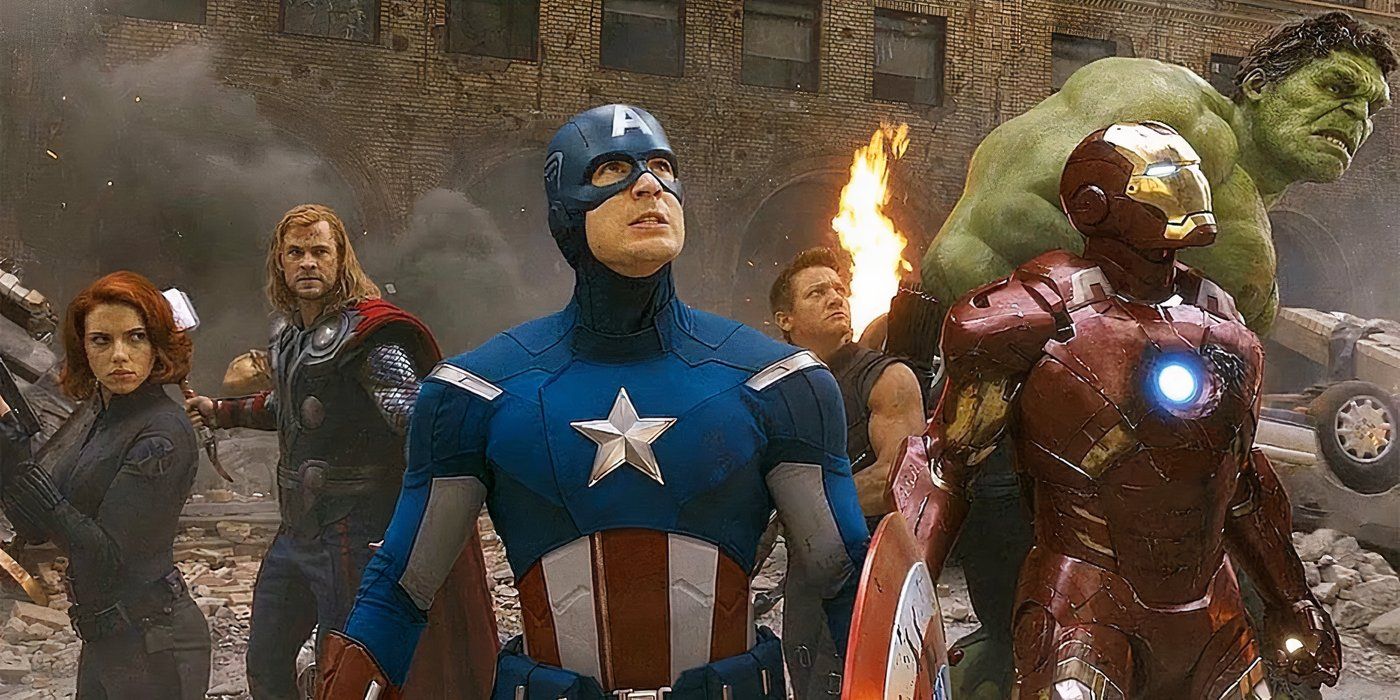
Related
Robert Downey Jr. and Mark Ruffalo met on a David Fincher set long before joining the Marvel Cinematic Universe.
I still watch the film and think about how fun it is to see the team that started with Sgt. Fury, in the comics, melds with Captain America and Bucky and becomes a ragtag team of international heroes that includes Dum Dum Dugan and Union Jack (before he became Union Jack). However, relegating the bulk of Cap’s adventures to a montage felt like a missed opportunity on so many levels. For starters, we missed out on an opportunity to learn more about the commandos and even see what happens when one gets injured. Things like that would’ve built up just how close they all were so that when it was time for Bucky to “die,” the team could mourn as a unit rather than look like they were mourning for Steve alone. There was also a bevy of chances I felt that could’ve made long-running names like Dum Dum Dugan have a better standing in the MCU, considering he lived to join Nick Fury in S.H.I.E.L.D. in the comics (still maintaining his youth). It’s always been a shame that the Howling Commandos best moments came in Agent Carter and Agents of S.H.I.E.L.D., with both of those shows not even being canon to the franchise as of now. As a result, I don’t think relegating the bulk of Cap’s professional career to a montage undermined how influential he was during World War II and also took away an opportunity to see him lead a team decades before he joined the Avengers. But even still, seeing his missions is only one issue I noticed, and it ties perfectly with another one that, while not as offensive, I feel limits the character’s impact on a larger scale.
Captain America Should’ve Fought More Nazis as Well as Hydra
When Captain America first hit newsstands in the ’40s, he was a beacon for standing up to bullies as he took on the Axis powers during World War II. I remember when I saw the first issue’s cover in a magazine and thought how bold it was to see him punch Hitler in his first appearance. To that effect, I loved seeing this moment recreated in The First Avenger when he was performing on USO tours around the country. However, the idea of Captain America fighting Nazis, while intrinsic to his arc and growth, is technically not as evident in The First Avenger. In fact, the very idea of Hydra transcends Hitler’s Nazi ideologies to the point that I understood early on this enemy was something different entirely, hence why they hid in plain sight in Captain America: The Winter Soldier. With that in mind, it’s clear in watching the film that my desire to see Captain America wail at Nazis wasn’t entirely satisfied.
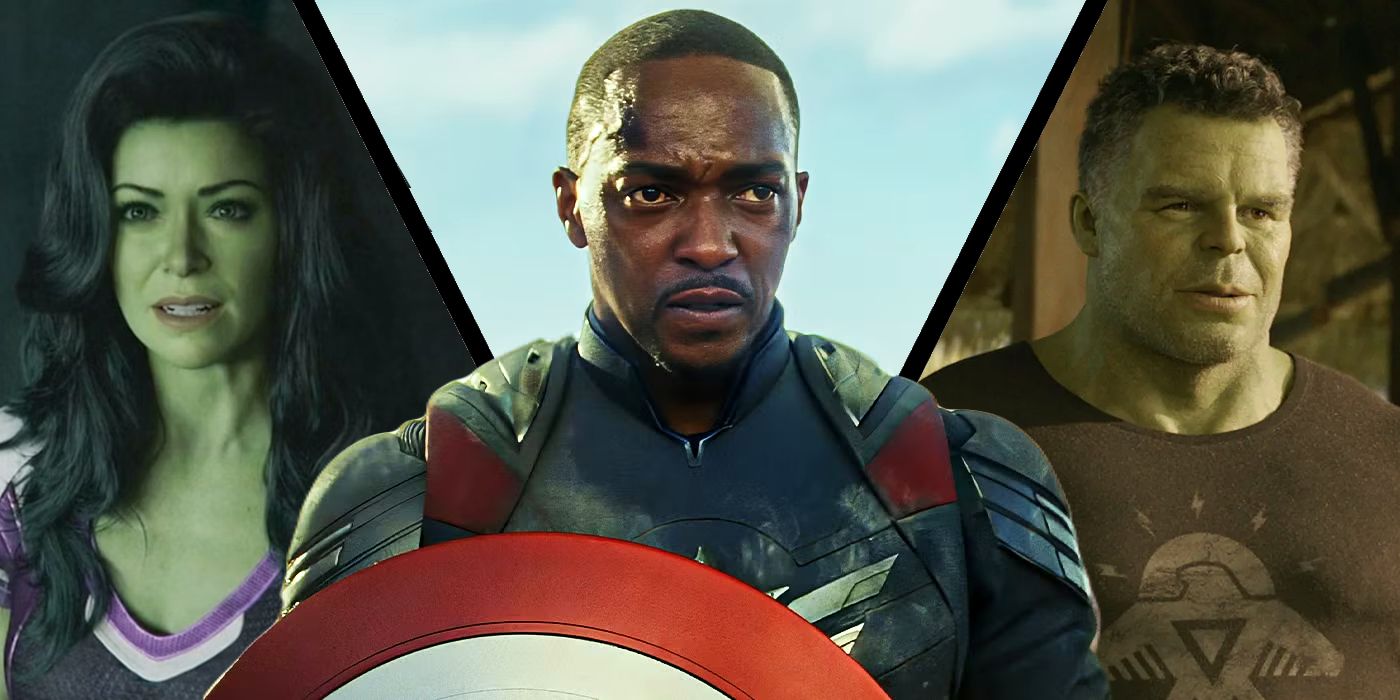
Related
Captain America: Brave New World Might Have a Surprising Connection to This Infamous MCU Show
Captain America: Brave New World’s major villain return could secretly connect the film to a Disney+ show that MCU fans have tried to forget.
Early in the movie, Red Skull meets with some of Hitler’s top officers to ask what his deep science division, Hydra, has been up to in the Alps. In response, Red Skull declared himself above Hitler’s mission and even mocked it before killing the officers. From then on, this was Captain America and the Strategic Science Reserve vs. Red Skull and Hydra, the real enemies of the world. Granted, I loved seeing this, and Hydra and Cap are just as important as his battle against the Nazis. That said, I felt this limited his growth as we never saw Steve so much as cut his teeth with the Nazis or saw him help out fellow soldiers in historic battles during the European theater. As a result, while Steve was clearly a symbol for the world to keep fighting, he appeared almost as a shadow we would be lucky to see on the battlefield, as his battle against Hydra seemed so incredibly secretive. It made me wonder why Captain America was so iconic when the only Nazi he punched was on a USO tour.
Of course, this idea doesn’t hinder Steve Rogers or his mission, but now, I can’t help but wonder what it would’ve been like if Steve had worked his way up with his team, taking out Nazi strongholds and learning of Hydra as they get deeper into the shady world of what the Nazi’s science division was working on. That level of growth would’ve given Captain America a more public presence in the war while also showing why and how Hydra was worse than the Nazis in a more organic way because the one thing we don’t want is to downplay just how evil the Nazis were and continue to be almost 100 years later.
The First Avenger Was the Perfect Start, Even With Its Flaws
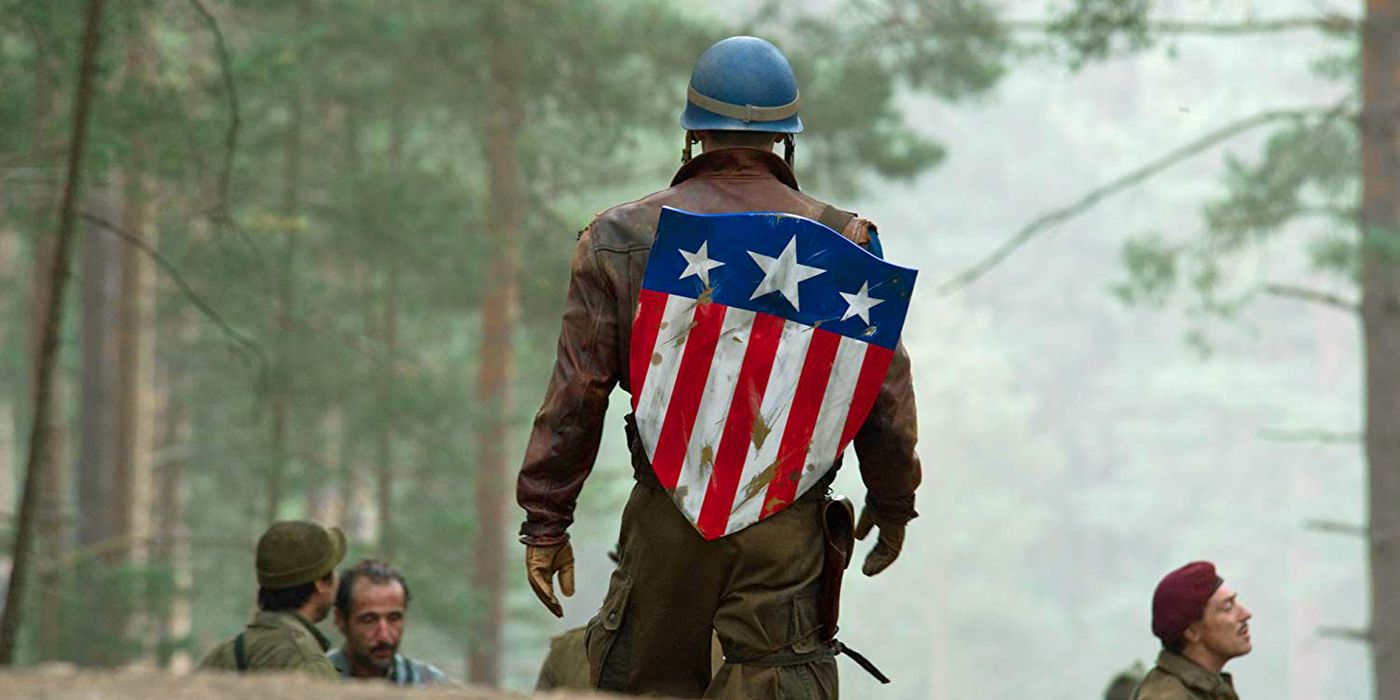
I know it probably sounds like I just nitpicked this movie into appearing like it’s not as good as the world has made it out to be, and while I admit these are probably some big nitpicks, I won’t agree that I think the film is lesser for its creative choices. Narratives have to be told, and movies are, unfortunately, almost always at the mercy of studio mandates that will cut down runtimes or scenes that may be important to the story but not important enough to keep. Were there scenes of Captain America pushing Nazis? Probably. Were there more moments of the Howling Commandos fighting more? Most likely, they didn’t make it into the movie, but that’s okay because the story’s main themes were still conveyed in a great way. That said, I can’t help but notice these things because I loved what I saw so much that I wanted more of it. So much so that I wanted to write about how strongly I felt these elements would’ve helped an already great story.
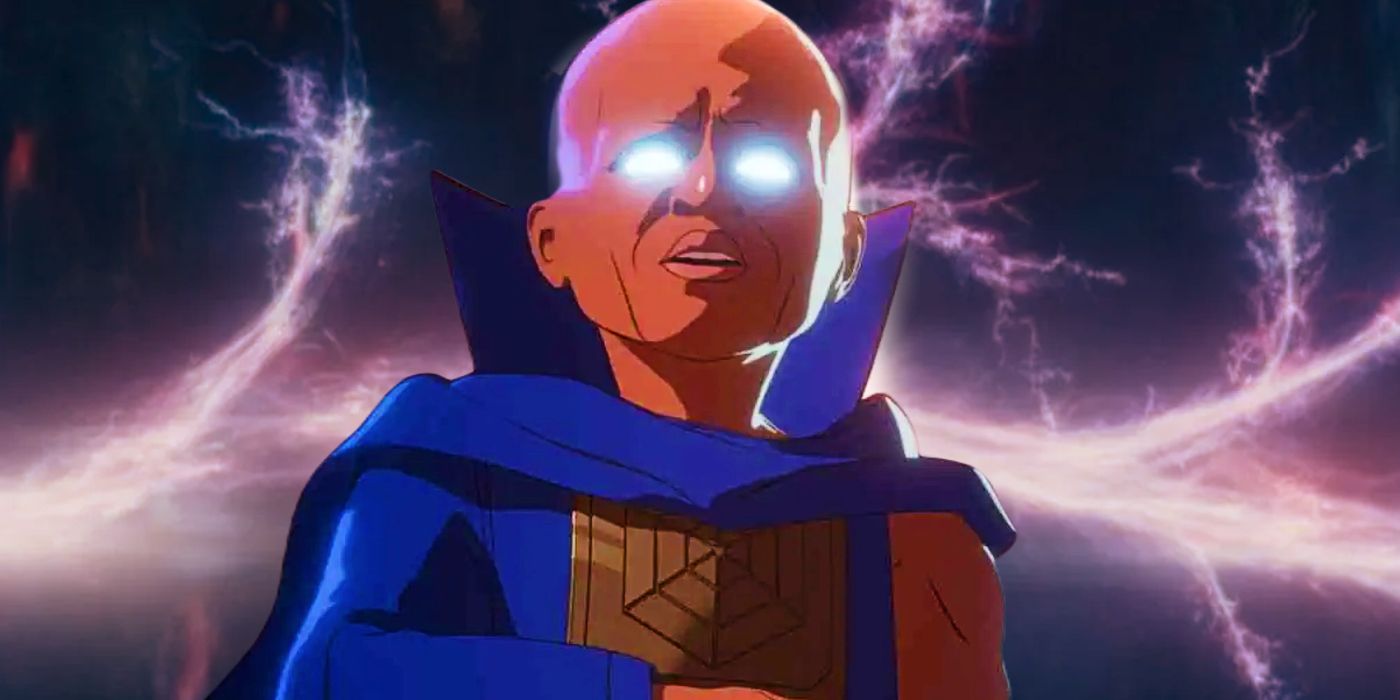
Related
What If…? Missed the Perfect Opportunity to Fix the MCU’s Biggest Plot Hole
What If…? Season 3 gets mixed reviews from fans, but may have done better if it had addressed the Marvel Cinematic Universe’s biggest plot holes.
Captain America: The First Avenger remains one of the best character introductions for a comic book movie ever and one of the most faithful and inspiring origins that I still go back to for the sake of feeling how I felt when I first watched the movie. There will always be elements that could be improved, but the movie remains a fun time that could have benefited from a deeper exploration. Thankfully, future shorts, movies, and shows have helped show how deep Captain America’s influence was on the world, and the best part is it’s enough to keep fans entertained. I know that compared to the character’s other sequels, The First Avenger may not be the most perfect, but it’s definitely still worth a watch, and it pushes us to read about the character more and see how he took on Nazis and built a bond with his team during World War II in a way the movie didn’t do.
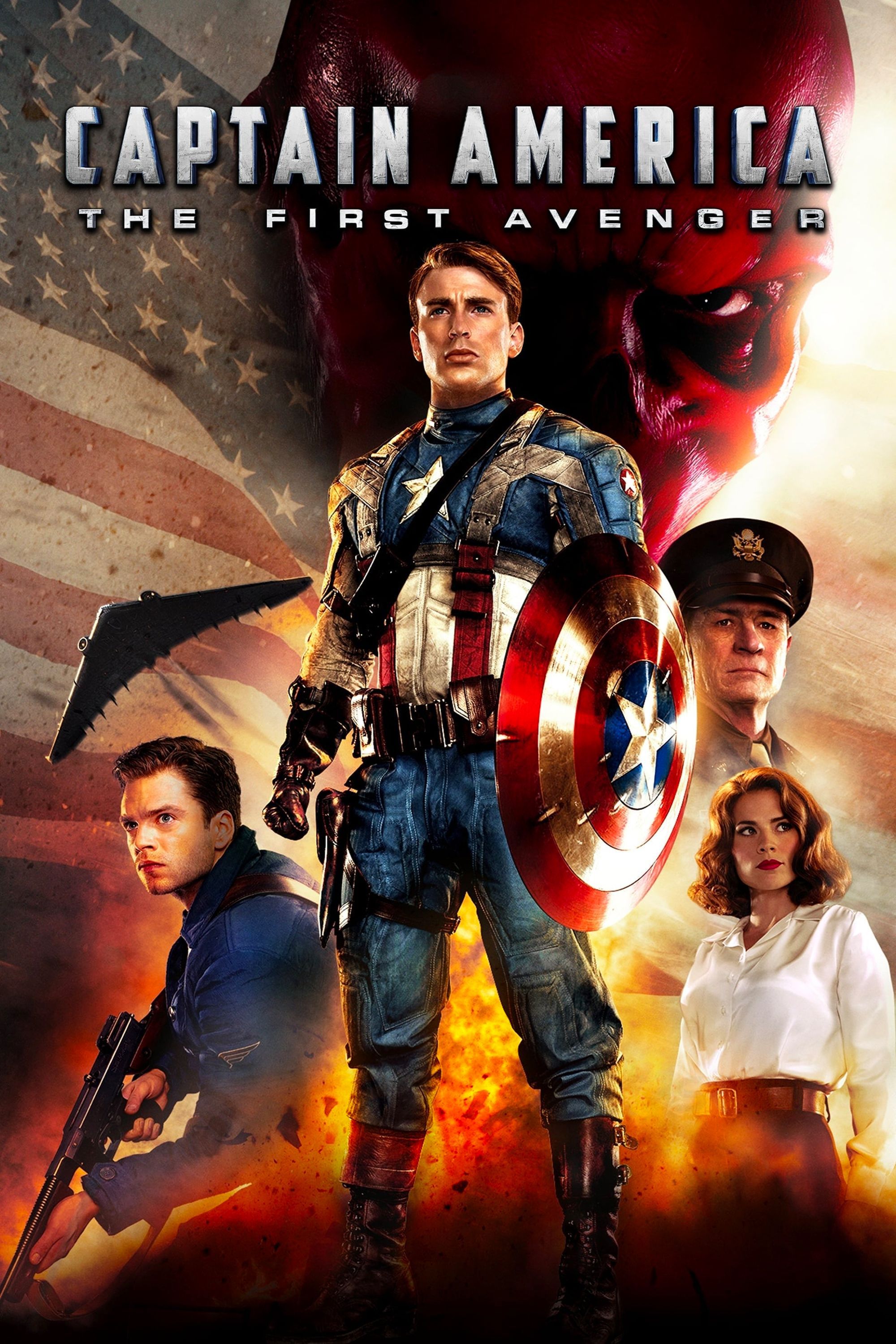
Steve Rogers, a rejected military soldier, transforms into Captain America after taking a dose of a “Super-Soldier serum”. But being Captain America comes at a price as he attempts to take down a warmonger and a terrorist organization.
- Director
-
Joe Johnston
- Release Date
-
July 22, 2011
- Cast
-
Chris Evans
, Hayley Atwell
, Hugo Weaving
, Sebastian Stan
, Tommy Lee Jones
, Samuel L. Jackson
, Dominic Cooper
, Stanley Tucci
, Toby Jones - Distributor(s)
-
Paramount Pictures



